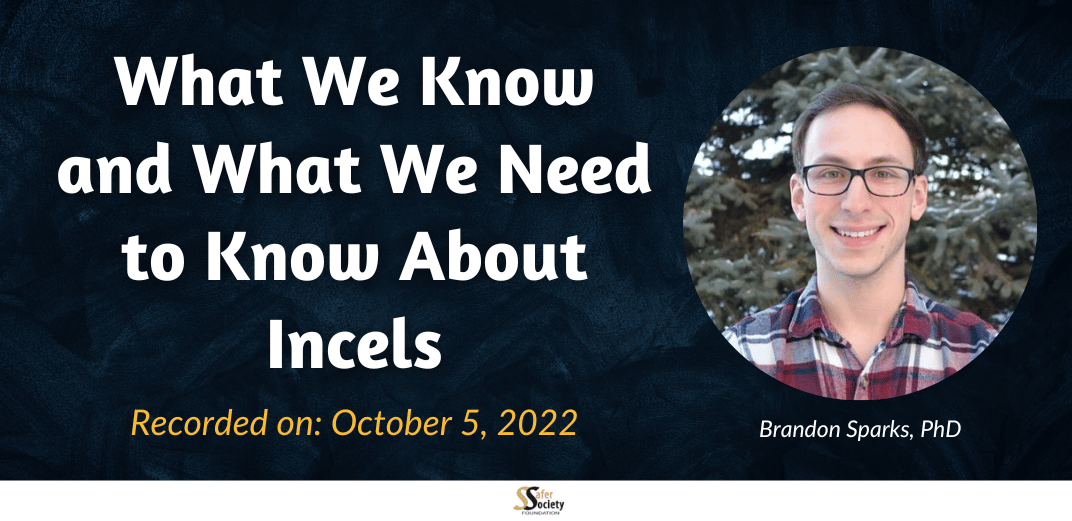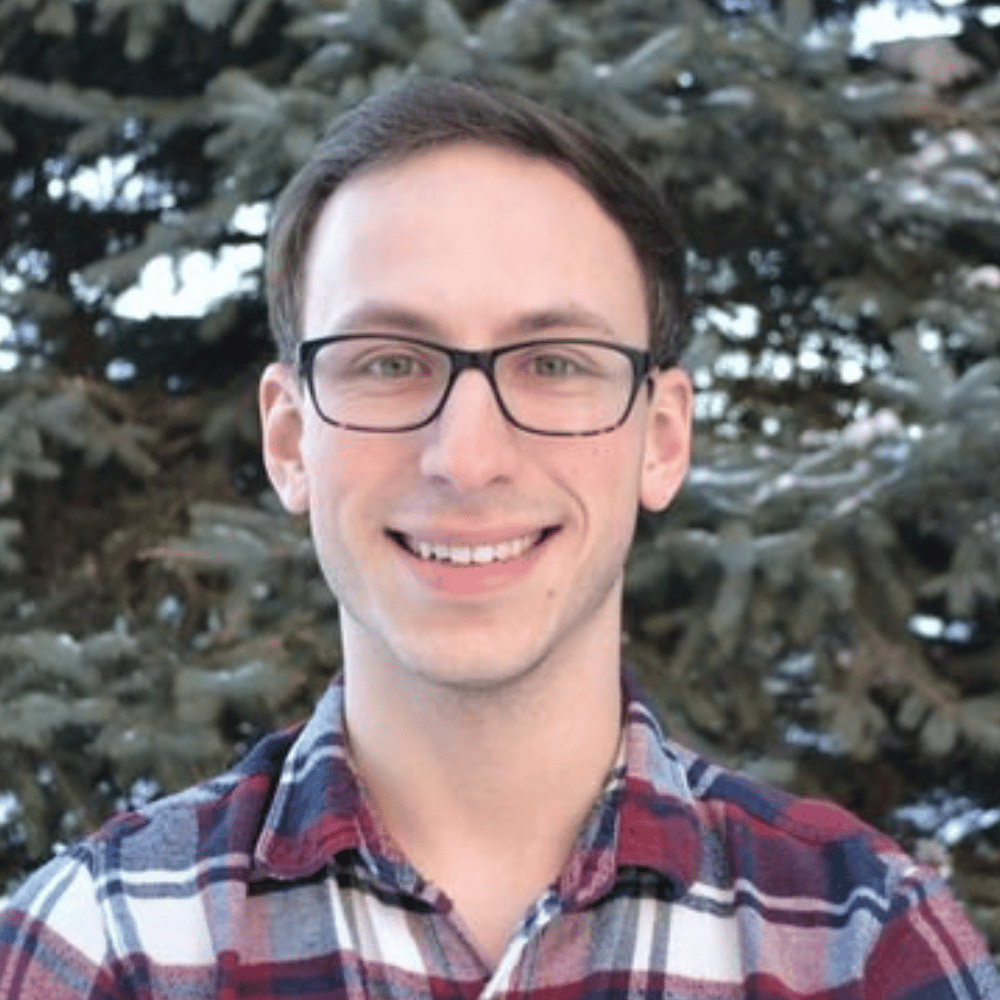
What We Know and What We Need to Know About Incels
This webinar is for researchers, scholars, mental health professionals, and individuals interested in understanding the incel subculture and its impact on society.
Incels (involuntarily celibate men) have been the source of considerable media attention due to a small number of high-profile attacks. Despite the first taking place in 2014, it is only recently that researchers have become interested in this group. Much of this scholarly work has involved analyses of incel forums with little attention paid to incels themselves. Dr. Brandon Sparks is one of the few researchers who has studied incels at an individual level.
During this webinar conversation, he describes who incels are and provides background information about the incel subculture and its impact on society. He next shares his and others’ findings and insights about what we do and don’t know about incels. The webinar also focuses on clinical approaches that may be helpful.
Who's Presenting

Brandon Sparks, PhD
Brandon Sparks is a Lecturer (Assistant Professor) in Forensic Psychology at Kingston University in the UK. He earned his PhD in Psychology at the University of Saskatchewan where he also earned an MA in Applied Social Psychology. His interests span all areas of forensic psychology, but much of his work has focused on sexual offenses, such as intimate partner sexual violence, perceptions of sexual offenders, and image-based sexual abuse. Some of his most recent work has focused on incels. He is also interested in community-based work, having completed a large-scale project on the prevention of child sexual abuse with the New Brunswick (Canada) Department of Justice and Public Safety. In addition to holding a number of administrative roles, he has also been a member of the Association for the Treatment & Prevention of Sexual Abuse’s (ATSA) Public Policy Committee since 2018.
